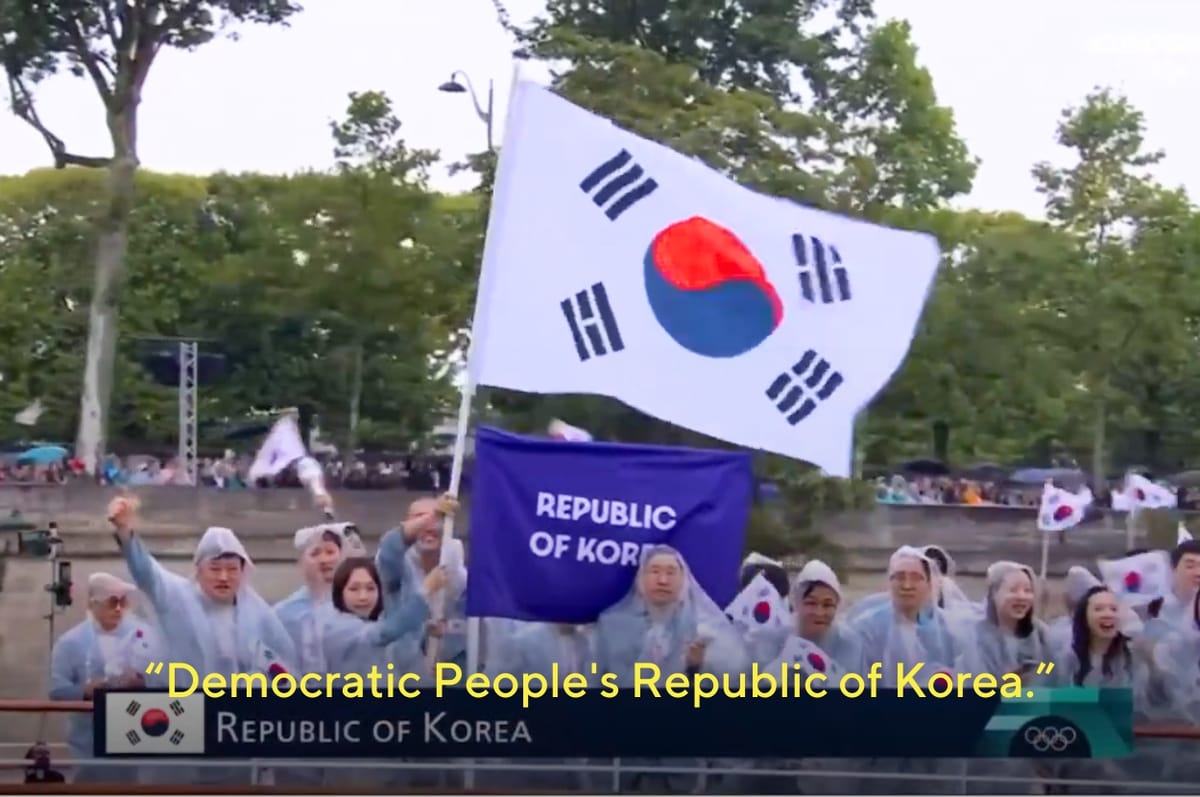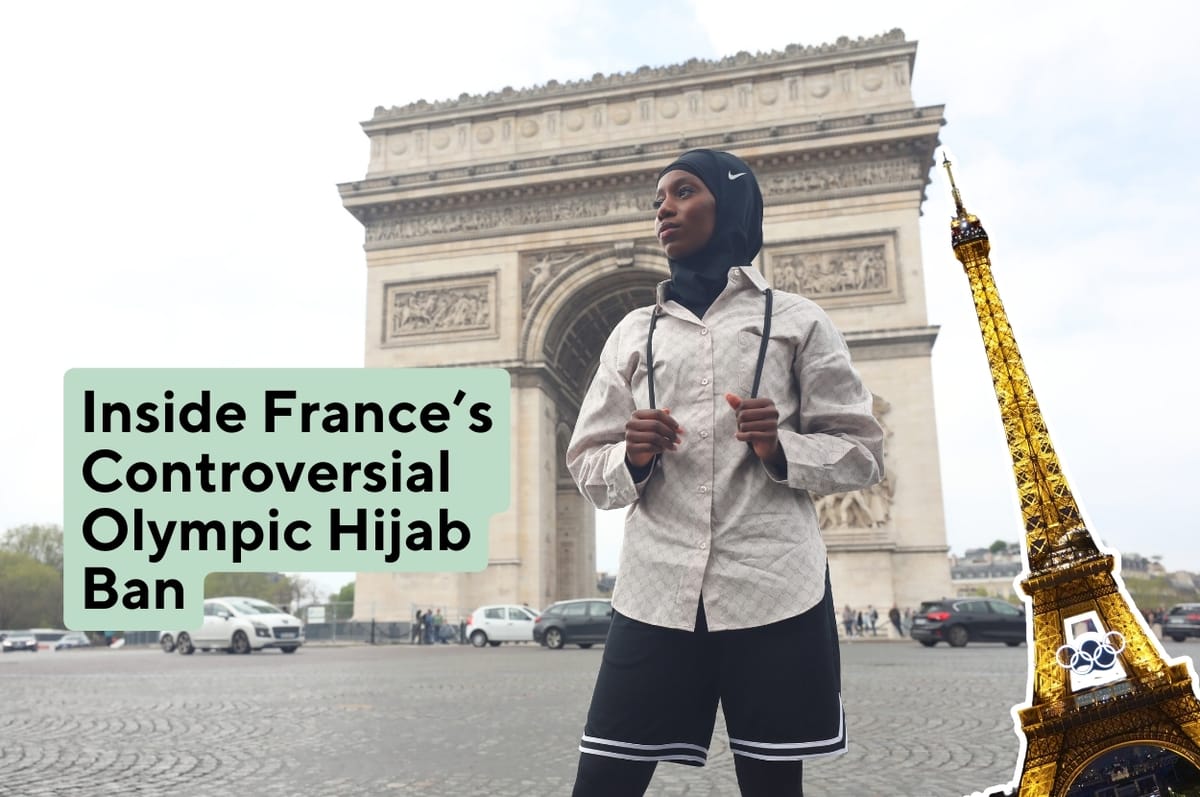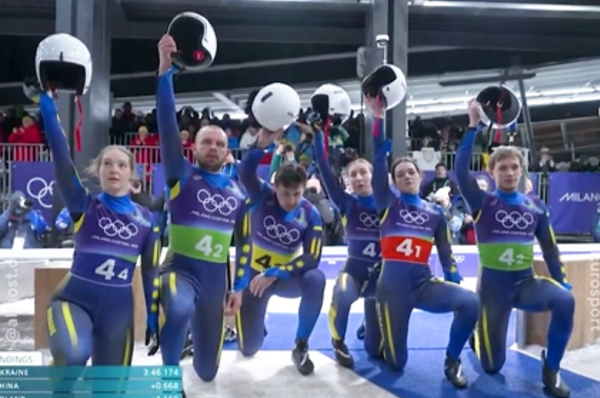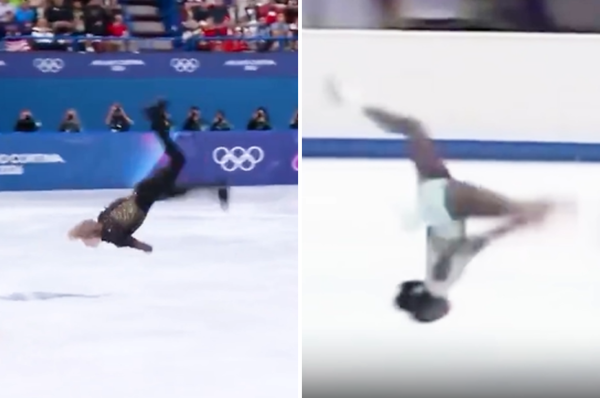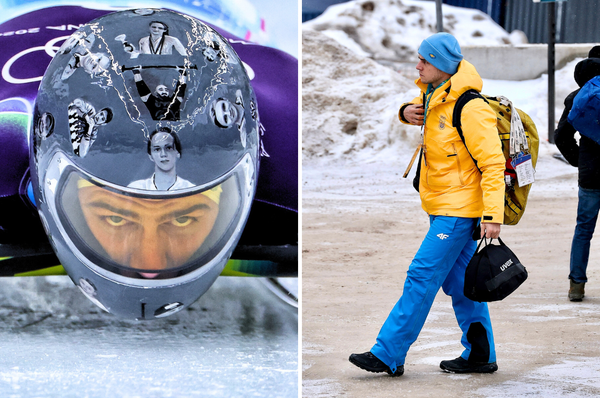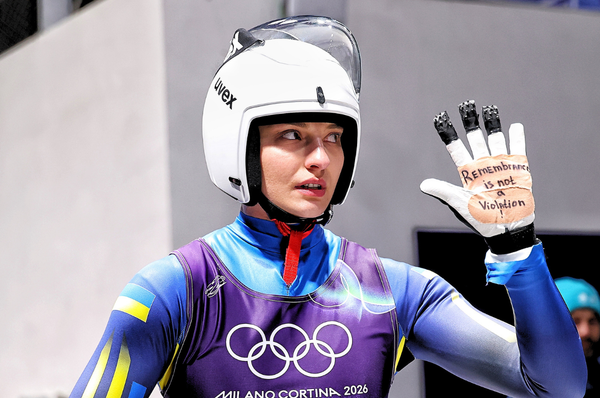The Olympics Has Apologized After Religious Groups Got Upset Over A Last Supper "Parody" In The Opening
As part of the opening ceremony on the Seine, drag queens, a transgender model and French singer Philippe Katerine, posing as a semi-nude blue Dionysus, the Greek god of wine, stood around a long table.
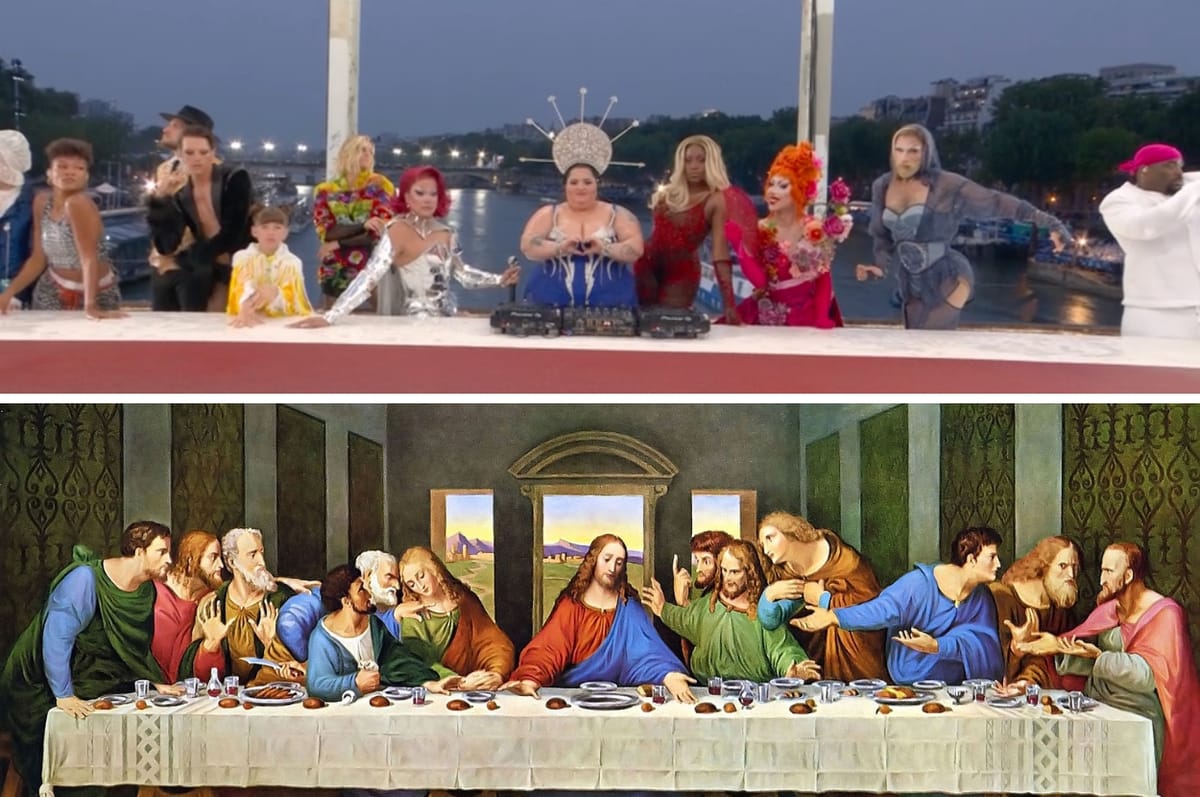
The Paris Olympics organizers have been forced to apologize after Catholic and Christian groups were outraged by a performance at the opening ceremony that the groups said parodied “The Last Supper”.
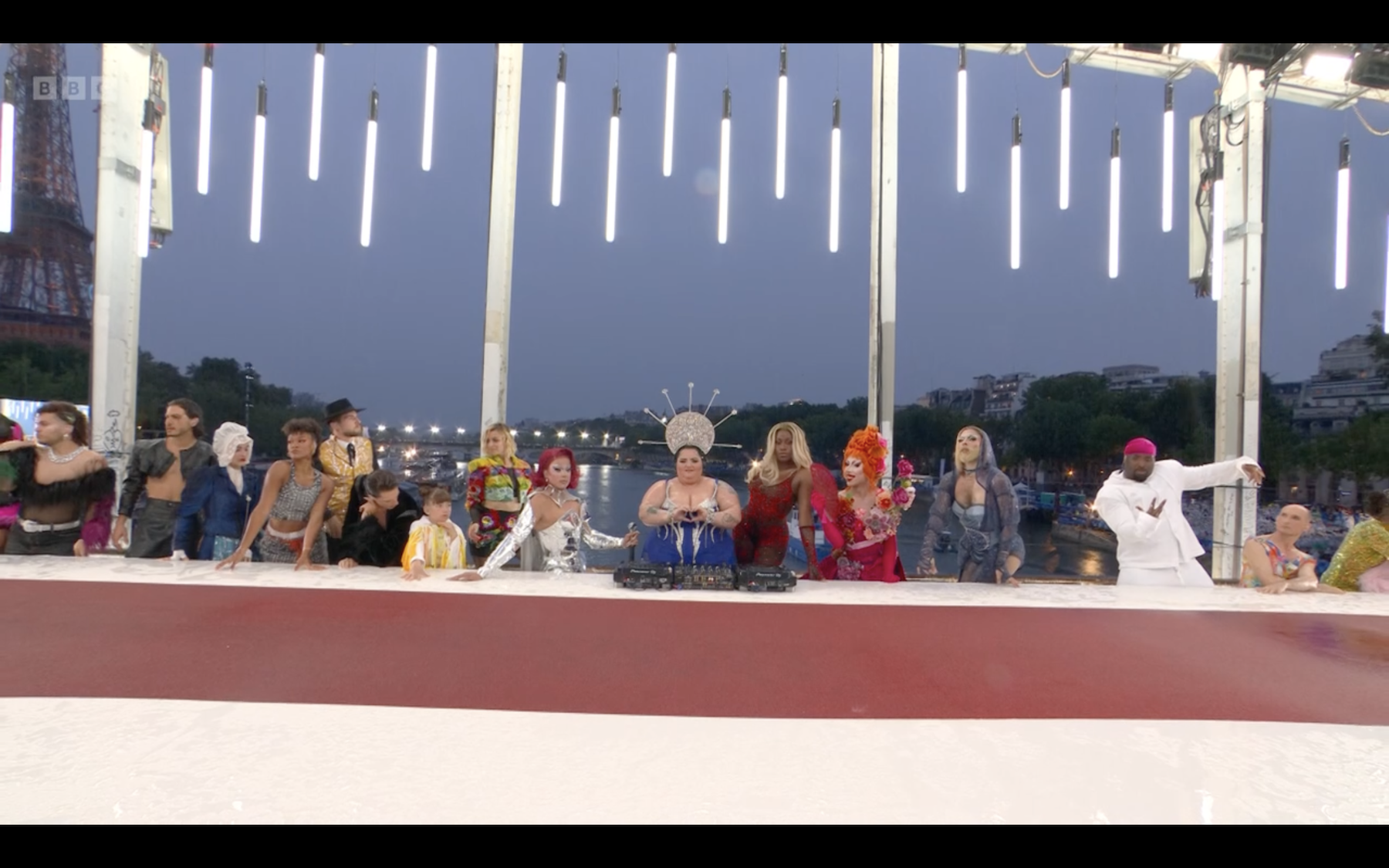
As part of the opening ceremony on the Seine, drag queens, a transgender model and French singer Philippe Katerine, posing as a semi-nude blue Dionysus, the Greek god of wine, stood around a long table.
Many Catholic organizations around the world criticized the moment, calling it a parody of the Last Supper, as depicted in Leonardo da Vinci’s painting of the same name.
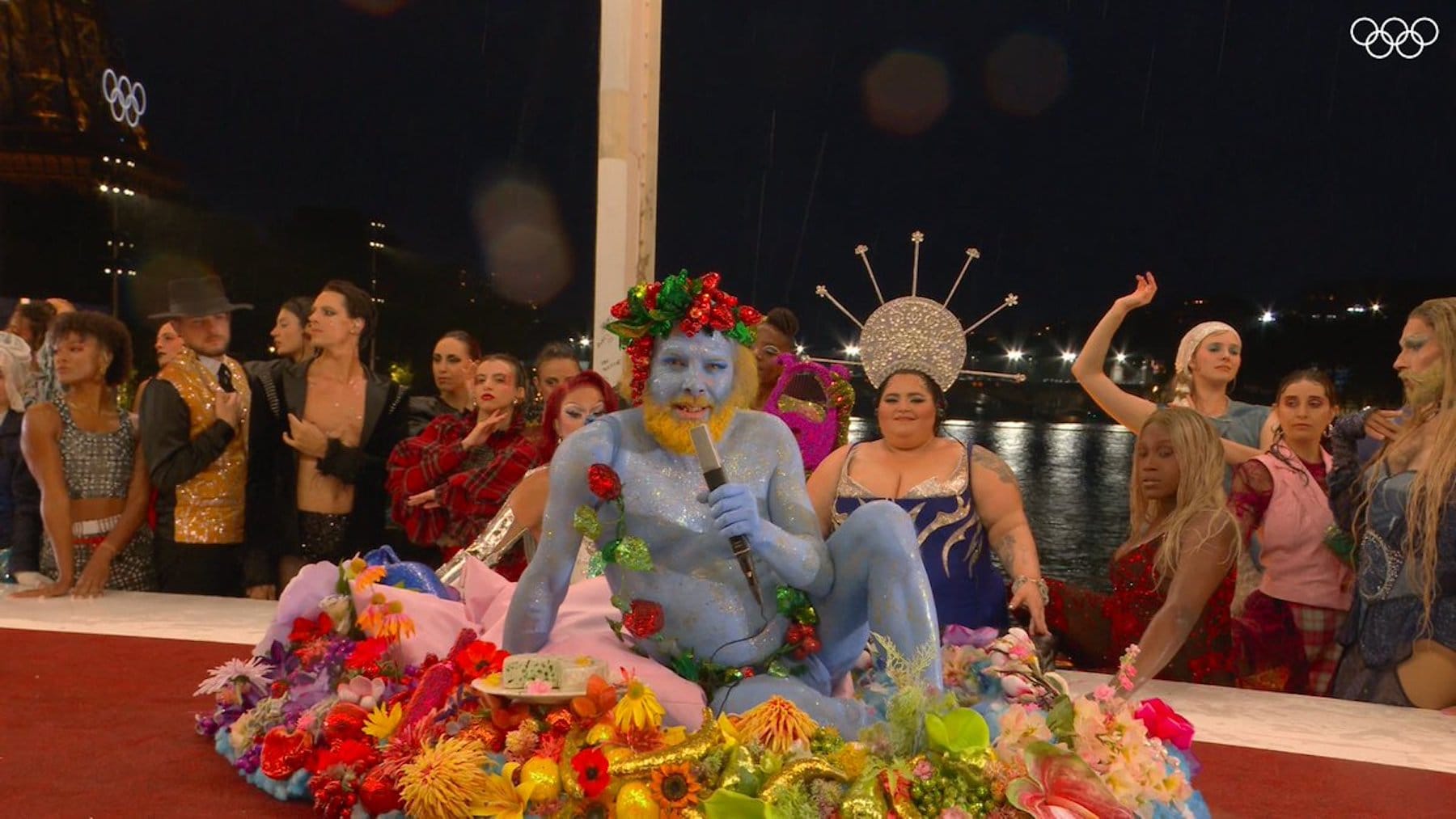
The French Bishops’ Conference called it “scenes of mockery and derision of Christianity”, a sentiment echoed by Archbishop Sicicluna, an official for the Vatican, as well as the conservative right in America.
Hungary’s far-right prime minster, Viktor Orbán, cited the Paris opening ceremony as an example of “the absence of public morality in the West”.
However the show’s artistic director, Thomas Jolly, has denied the similarities, saying it was never his intention.
“The idea was… to have a grand pagan festival connected to the gods of Olympus, Olympism,” Jolly said.
“My wish isn’t to be subversive, nor to mock or to shock,” he added. “I wanted to send a message of love, a message of inclusion and not at all to divide.”
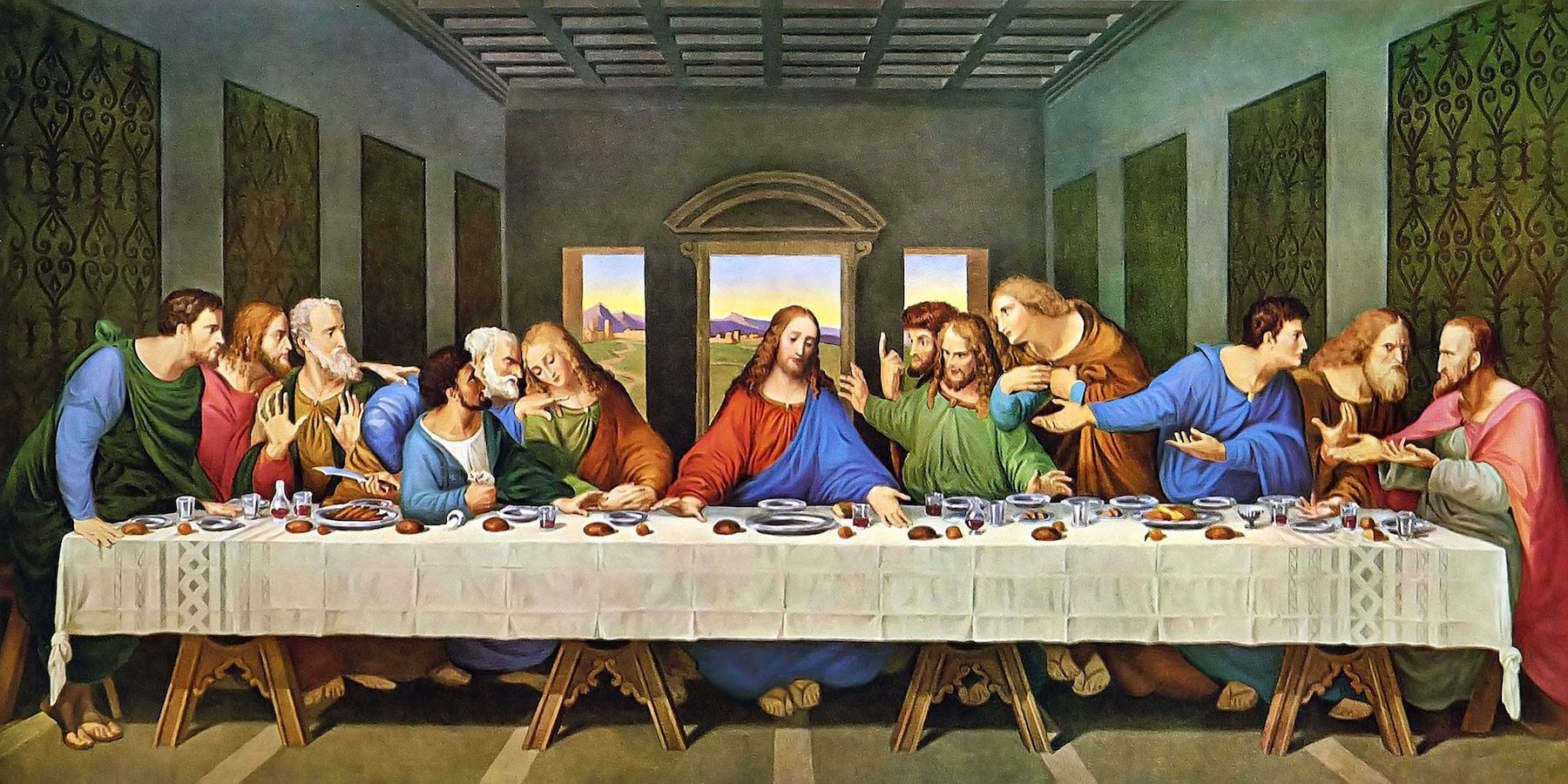
An Olympics spokesperson said at a press conference that there was never an intention to show disrespect to any group, adding that the opening ceremony was trying to celebrate community tolerance.
“We believe this ambition was achieved. If people have taken any offence we are really sorry,” the spokesperson added.
France is well-known for its longstanding history of secularism – the separation of religion and the state.
Blasphemy is legal in France and is seen as essential to freedom of speech.
More On The Paris Olympics
